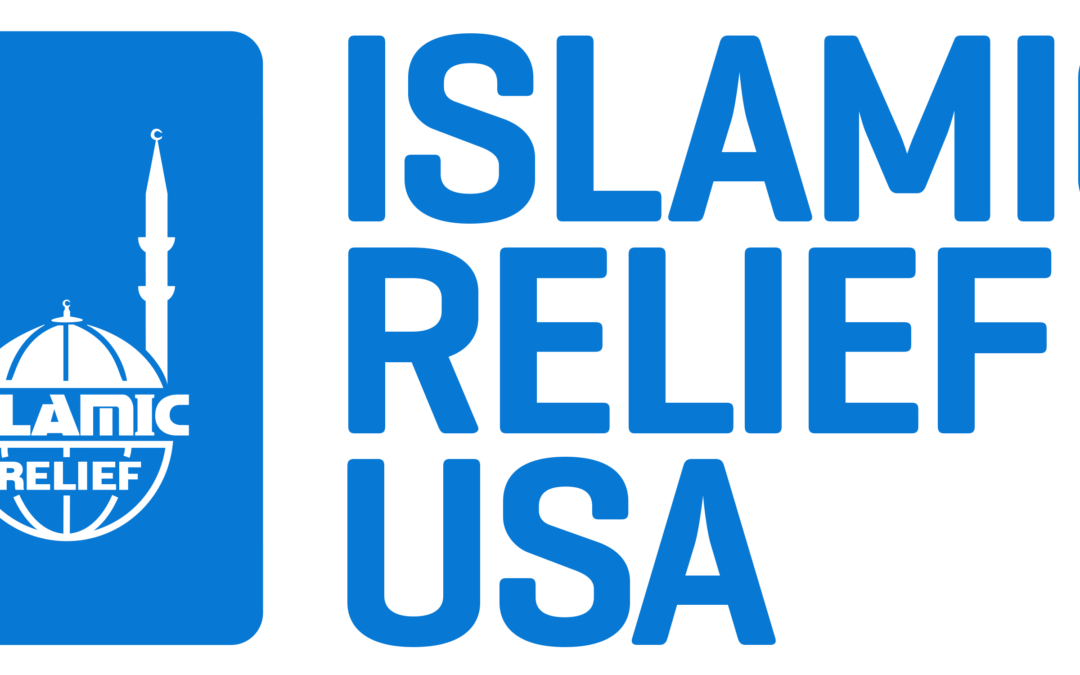Since October 7, 2023, Gaza has been going through one of the worst humanitarian crises in modern history. Israel’s ongoing assault has resulted in the deaths of more than 37,000 people, most of them civilians. This dire situation has grown even worse over the past month since Israel began its ground invasion of Rafah, where an estimated 1.1 million displaced Palestinians fled to seek refuge. Since May 6, over one million people sheltering in Rafah have been forced to flee an area that was supposed to be a safe zone.
Israel has taken control of the Rafah border crossing, which is a vital entry point and distribution hub for humanitarian supplies entering the Strip, effectively halting the entry of all supplies. Getting aid into Gaza was already extremely difficult before the Rafah escalation, but it has now become virtually impossible. As a result, Gaza is now on the verge of widespread famine, from North to South.
Islamic Relief USA (IRUSA) continues to explore ways to deliver aid to Gaza despite these seemingly insurmountable challenges. IRUSA is calling for the immediate reopening of the Rafah border crossing so life-saving aid can reach the people of Gaza.
Let’s take a closer look at what is happening in Rafah and what’s at stake for Gazans.
Timeline of the Rafah Offensive
On May 6, the Israeli military began conducting airstrikes on the city of Rafah, in southern Gaza. These airstrikes began shortly after a ceasefire deal appeared to be close. More than 80 Palestinians were killed and nearly 280 suffered injuries during the airstrikes.
Hamas had agreed to a ceasefire deal brokered by Egypt and Qatar, which proposed the return of all Israeli hostages and an end to the war. However, Israel rejected the deal and began an aerial and ground offensive in Rafah.
On May 7, Israel seized control of the Rafah and Kerem Shalom border crossings with Egypt and closed them. Humanitarian groups immediately spoke out against the closure of these crossings, as they were the only remaining entry points for life-saving aid like food, medicine, and hygiene products. Since May 8, intense fighting has taken place between the IDF and Hamas around Rafah.
The US warned Israel against a full invasion and threatened to withhold military support. Israel expressed disappointment and argued it was necessary to defeat Hamas. Despite diplomatic efforts and negotiations for a ceasefire, Israel has expanded its military operations.
This conflict has resulted in casualties on both sides, including the deaths of civilians and United Nations staff. The conflict has also sparked many international reactions, with countries like Egypt and South Africa taking diplomatic actions. South Africa presented a genocide case at the International Court of Justice and Egypt announced its support for this case after the start of the Rafah offensive. Egypt also reportedly threatened to suspend a peace treaty with Israel if the offensive was expanded.
United Nations Response
On May 19, the humanitarian chief of the United Nations issued a stark warning about the severe consequences in Gaza due to critical aid shortages. Israel’s military actions in Rafah have disrupted the flow of essential food supplies, exacerbating an already dire situation.
Martin Griffiths, the UN under-secretary general for humanitarian affairs, emphasized the urgency of the crisis. Speaking in Doha, he highlighted the impending famine if fuel supplies run out, which would halt the delivery of aid. He described the potential consequences as catastrophic, stressing the gravity of the situation for the international community.
In response to closed land routes and the minimal entry of supplies through other points, the US has facilitated a limited amount of humanitarian supplies through a temporary floating pier. Although this maritime operation has intermittently begun to bring in truckloads of aid, Griffiths warned that it is not a viable substitute for the essential land routes. Additionally, the entry of supplies via the pier has been extremely limited as a result of operational challenges, including sea swells damaging the platform and security risks to UN WFP distribution efforts.
Islamic Relief USA’s Statement on Rafah
Islamic Relief USA reports that hundreds of thousands of people are fleeing Rafah as military operations escalate, jeopardizing the delivery of vital aid to Gaza. In a recent press release, we stated that Rafah, a crucial point for aid entry and distribution, is experiencing relentless attacks from Israeli artillery, ground troops, and aerial bombardments.
The displaced population has no safe place to go. Israel made assurances about Al Mawasi, but this sandy area is unsuitable for hosting the vast numbers of people fleeing Rafah. The healthcare system in Gaza is collapsing, with only a third of hospitals partially operational and no new aid coming in through Rafah since the border crossing was sealed.
IRUSA calls for the immediate reopening of the Rafah crossing and an end to the invasion to restore aid delivery and prevent further deaths in Gaza. However, the only effective solution to this humanitarian crisis is a permanent ceasefire. In late April, IRUSA joined 50 other humanitarian organizations in signing a letter urging President Biden to prevent an offensive in Rafah, work towards a permanent ceasefire, and alleviate the humanitarian crisis.
